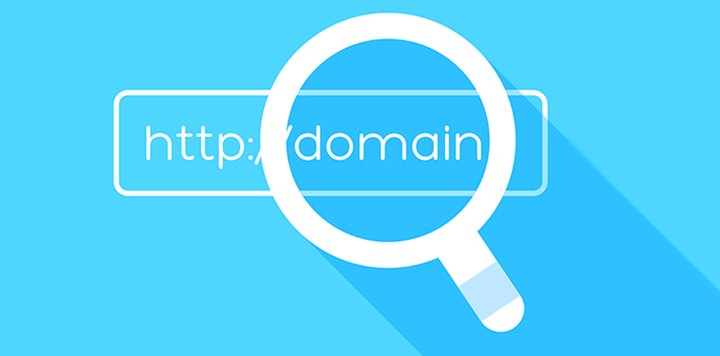Understanding the Importance of Domain Name under Cyber Law
In today’s digital era, the internet has become an integral part of our daily lives. From communication to shopping, we rely on the internet for almost every aspect of our lives. With this increasing reliance on the internet, the concept of domain names has also gained significant importance, especially in the field of cyber law.
So, what exactly is a domain name, and why is it crucial under cyber law? Let’s delve deeper into the world of domain names and understand their significance in the digital landscape.
What is a Domain Name?
A domain name is essentially the address of your website on the internet. It serves as the unique identifier that helps users locate and access your website online. For example, in the domain name “www.example.com,” “example.com” is the domain name.
Domain names are composed of two main parts – the top-level domain (TLD) and the second-level domain (SLD). The TLD refers to the extension at the end of the domain name, such as .com, .org, or .net, while the SLD is the main part of the domain name that is chosen by the registrant.
The Significance of Domain Names under Cyber Law
Domain names play a crucial role in the digital realm, and their significance is further amplified when it comes to cyber law. Here are a few reasons why domain names are essential under cyber law:
- Trademark Protection: Domain names are often associated with brands and trademarks. Cyber law ensures that domain names are protected from infringement and misuse by unauthorized parties.
- Cybersquatting Prevention: Cybersquatting refers to the practice of registering domain names that are similar to existing trademarks with the intention of selling them at a higher price. Cyber law aims to prevent such unethical practices and protect the rights of trademark owners.
- Domain Name Disputes: In cases where multiple parties claim ownership of the same domain name, cyber law provides mechanisms to resolve disputes and ensure fair allocation of domain names.
Additionally, domain names are also subject to various regulations and policies set forth by domain registries and regulatory bodies to ensure fair and lawful use of domain names on the internet.
Protecting Your Domain Name Rights
As a website owner or business entity, it is essential to safeguard your domain name rights to avoid any legal complications. Here are a few tips to protect your domain name under cyber law:
- Register Your Domain Name: Ensure that you register your desired domain name with a reputable domain registrar to establish ownership rights.
- Monitor Your Domain Name: Regularly monitor your domain name for any unauthorized use or infringement by third parties.
- Enforce Your Rights: In case of domain name disputes or infringement issues, be prepared to take legal action to protect your rights under cyber law.
By adhering to these best practices and staying informed about the latest developments in cyber law, you can ensure that your domain name remains secure and protected in the digital landscape.
Conclusion
Domain names are not just random strings of characters; they hold immense value and importance in the digital world. Understanding the significance of domain names under cyber law is crucial for website owners and businesses to protect their online presence and brand identity.
By following the guidelines set forth by cyber law and adopting best practices for domain name management, you can ensure that your online assets are secure and compliant with legal regulations. Remember, your domain name is your digital identity – protect it with care.
